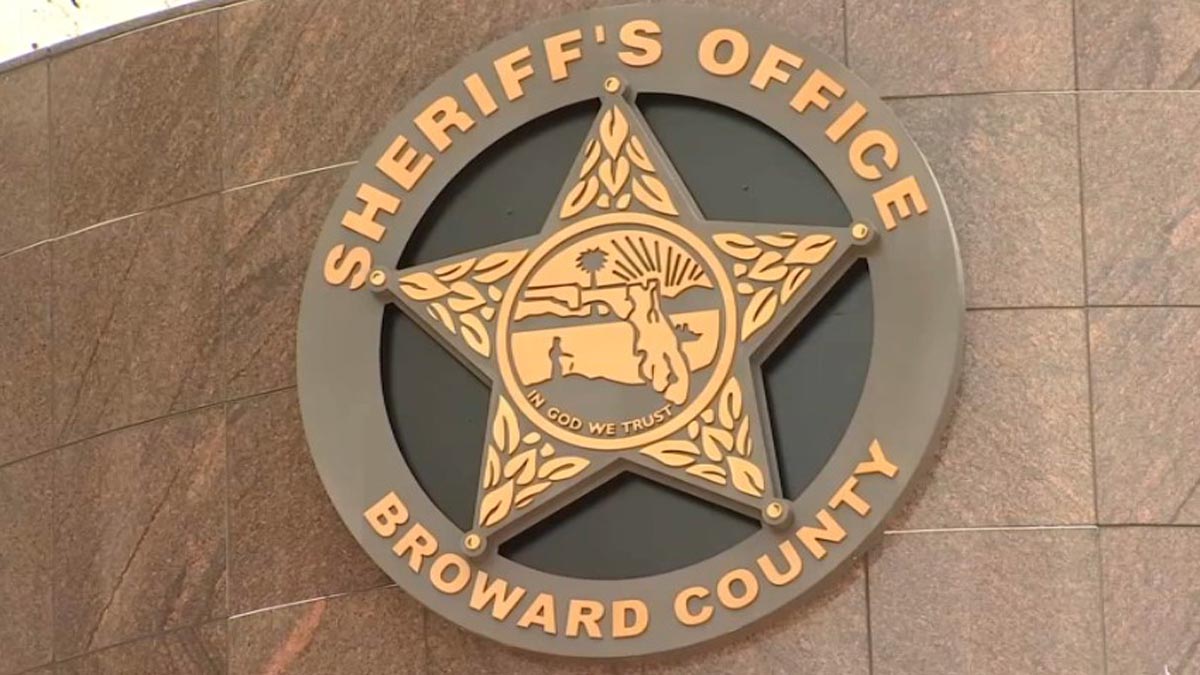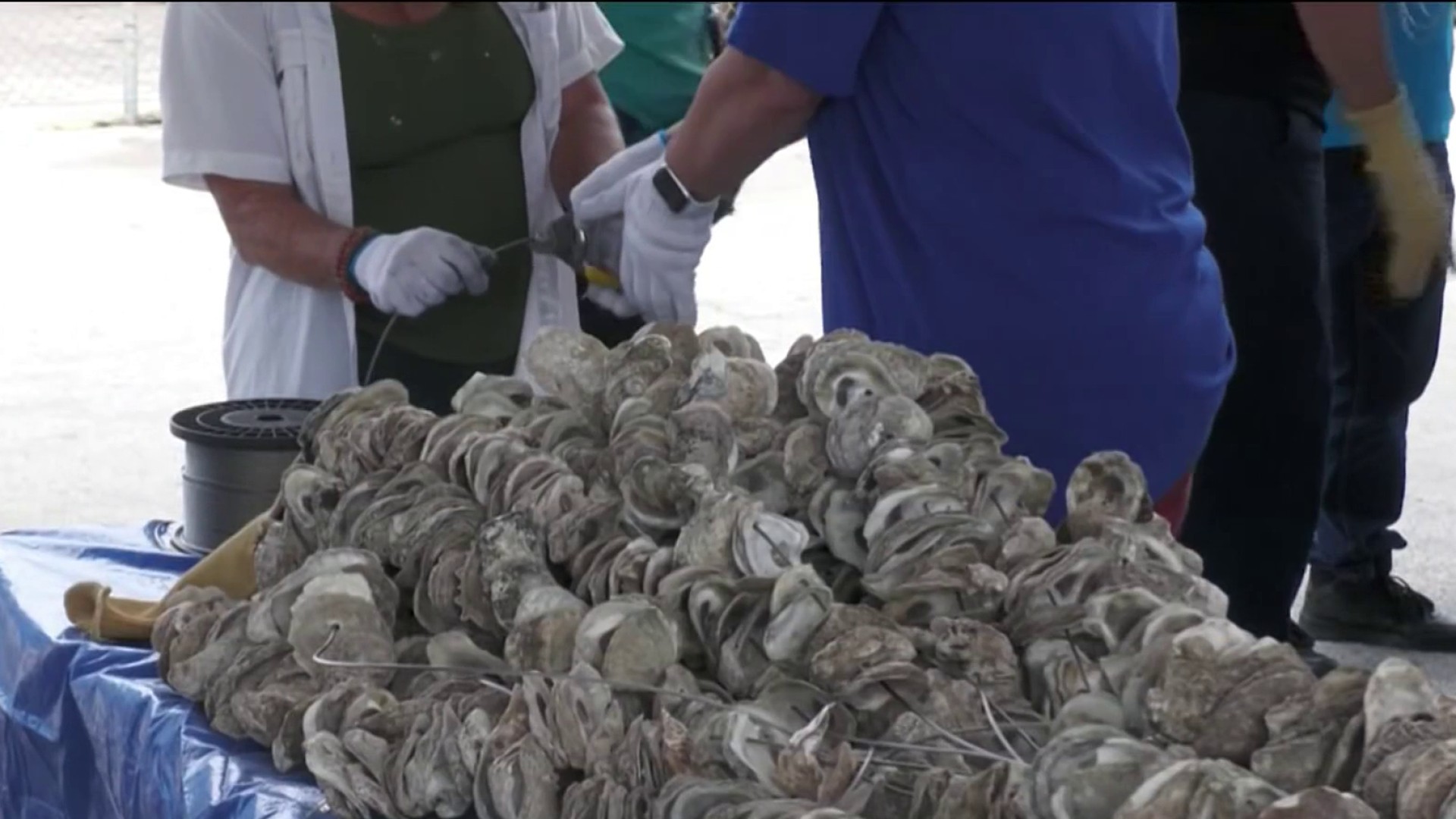A federal judge Friday gave prosecutors an opportunity to use some of a former cocaine smuggler’s words against him in a new mail fraud conspiracy case – but they must avoid using at least one phrase in front of the jury: cocaine cowboy.
In a series of pretrial rulings, US District Judge Robert N. Scola Jr. said the government could try to introduce some of the comments Michael "Mickey" Munday made after his 1999 release from prison about his long-ago days as a pilot and smuggler during South Florida's cocaine cowboy era – but "without bringing out 'cocaine cowboys.'"
Usually, someone’s criminal past cannot be used against him to prove a new and different crime, unless that defendant chooses to testify.
And Munday’s attorney, Rick Yabor, successfully objected to some of the statements being available to the government to use against Munday in the mail fraud trial, set to begin Tuesday.
But prosecutors won on most points, arguing Munday’s statements about his prior criminal activity transporting cocaine can be relevant evidence because he allegedly used some of the same means – relying on tow trucks, for example – in the car title-washing scheme that led to his current indictment.
The judge allowed, for example, a 28-second clip from Rakontur Films’2006 documentary “Cocaine Cowboys,” in which Munday talks about using tow trucks as a cover to avoid law enforcement – but, the judge added, the government “does not have to tell the jury this is from the movie ‘Cocaine Cowboys.’ …. We can sanitize out ‘Cocaine Cowboys.’”
Also not allowed: portions of a 2013 interview Munday did with NBC 6 anchor Jawan Strader, during which Munday recounts telling Medellin cartel leader Pablo Escobar he was “stupid” and describes his prowess at avoiding police.
Local
The judge did, though, allow comments Munday made in other settings about how he was good at evading detection, including when he said, “I was a ghost.”
Also allowed: his bragging about his logistical skills by saying, “I’m really good at transportation. If it flies, rolls or floats, I turn out to be really good.”
In this case, he is charged with conspiracy and mail fraud as part of a scheme to fraudulently obtain and re-sell cars after passing them through sham auctions in an attempt to erase their histories with “clear titles.”
He and his co-conspirators are accused of doing that to more than 150 vehicles, costing financial institutions and other lenders who were owed money on the cars more than $1.7 million.
The rulings Friday do not necessarily mean all the statements will come into evidence — the government still needs to lay the proper legal groundwork at trial, including authenticating Munday was the author of social media postings it wants the jury to see.
Also, depending on how the trial unfolds, the phrase "cocaine cowboys" could somehow get in front of the jury, as the judge said he was "trying to minimize 'cocaine cowboys' being used."
In any case, Munday could face going back to prison, after spending nearly 10 years there in the 1990s after pleading guilty to his role in smuggling hundreds of kilos of cocaine for the Medellin cartel
Munday’s attorney tried to argue actions from 30 years ago were too distant to be brought up in this trial, but was largely overruled, In court papers, his attorney noted it’s been 30 years since his indictment with nothing more serious than a parking ticket. They argued it would be too prejudicial to use his past to imply he’s guilty of conspiracy and mail fraud.
But, for now it appears, at least a portion of his past will be part of a trial that could send him back to prison in the future.



